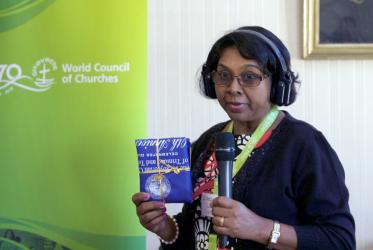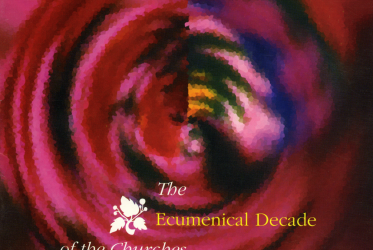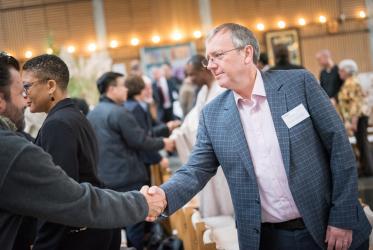Displaying 1 - 20 of 31
Workshop in Jamaica focuses on human rights
16 May 2019
WCC celebrates life of Archbishop John Habgood
18 March 2019
Fr Alexi - a peacemaker in Syria
21 December 2018
#WCC70: Children in the Ecumenical Movement
20 December 2018
Trinidad and Tobago church challenges plastic pollution
09 October 2018
WCC general secretary to visit Caribbean
28 September 2018
Diakonia: “a tool to reach abundance of life”
24 July 2018
Seven weeks of Lent highlight water justice in Latin America
12 February 2018
The motor engineers of the ecumenical movement
18 September 2017
"We have our work cut out for us"
10 August 2017
Digitizing of Faith and Order Papers underway
23 July 2017
















